Whippersnapper
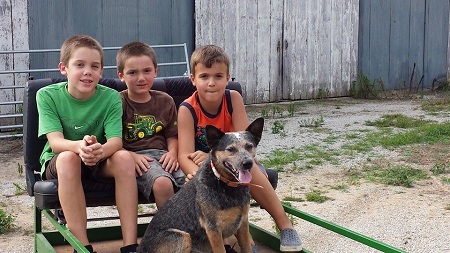 A whippersnapper usually means a young or small person.
A whippersnapper usually means a young or small person.
Most often, older people use this phrase for children or youth.
My friend Pamela Noel’s father often said, “You little whippersnapper.” He called her this “if I was good or ugly.”
Many people view a whippersnapper as unimportant. The young person has:
- More confidence than ability
- More ambition than education
However, young people have to learn. They may only be knee high to a grasshopper. That does not make them unimportant.
A thesaurus lists several synonyms for whippersnapper.
They include:
- Pip-squeak
- Runt
- Lightweight
Pamela’s father probably meant those when her behavior was good.
Other synonyms include:
- Sneak
- Troublemaker
- Brat
Pamela’s father probably meant those when her behavior was “ugly” or bad.
Whether we are whippersnappers or over the hill, may we all follow good guidance.
How can a young person stay on the path of purity? By living according to your word. (Psalm 119:9 NIV).
Thanks to Pamela Noel for the suggestion and Gail Gosser for the photo of three of my favorite whippersnappers.
Do you have an expression you want explained or a thought about this one? If so, please comment below.
Subscribe to receive my weekly posts by email and receive a free copy of “Words of Hope for Days that Hurt.”
If you enjoyed this post, please share it with your friends.
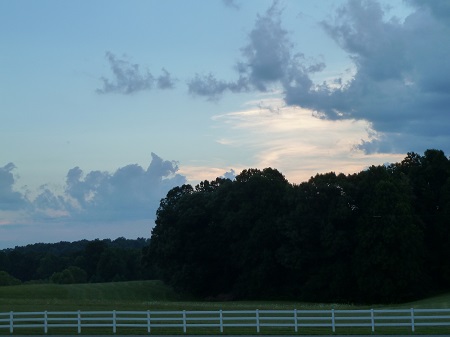 At the end of the day means our final conclusion.
At the end of the day means our final conclusion.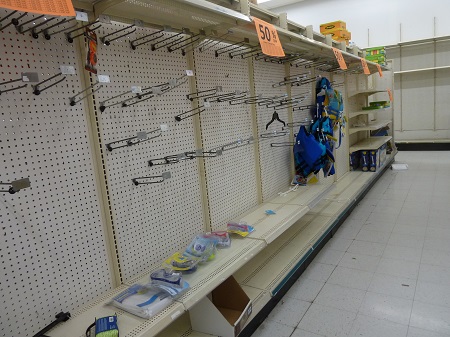 Many stores open early and close late on sale days. Early shoppers find several choices. Those who shop later in the day find slim pickings.
Many stores open early and close late on sale days. Early shoppers find several choices. Those who shop later in the day find slim pickings.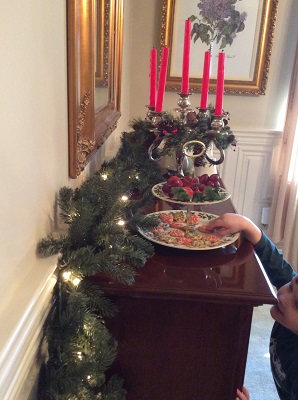
 Patience is not my greatest strength. Most of the time, I want everything done immediately, if not sooner. I want it done now, but I wish it were already done.
Patience is not my greatest strength. Most of the time, I want everything done immediately, if not sooner. I want it done now, but I wish it were already done. Many children love to play in mud. Some animals roll in mud. However, no one wants to hear his name is mud.
Many children love to play in mud. Some animals roll in mud. However, no one wants to hear his name is mud. When we pick someone’s brain, we get information from that person.
When we pick someone’s brain, we get information from that person. 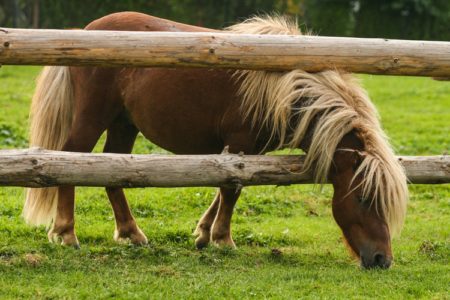
 If we search high and low, we look everywhere.
If we search high and low, we look everywhere.  Easy does it tells us to move slowly and carefully.
Easy does it tells us to move slowly and carefully.